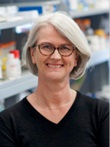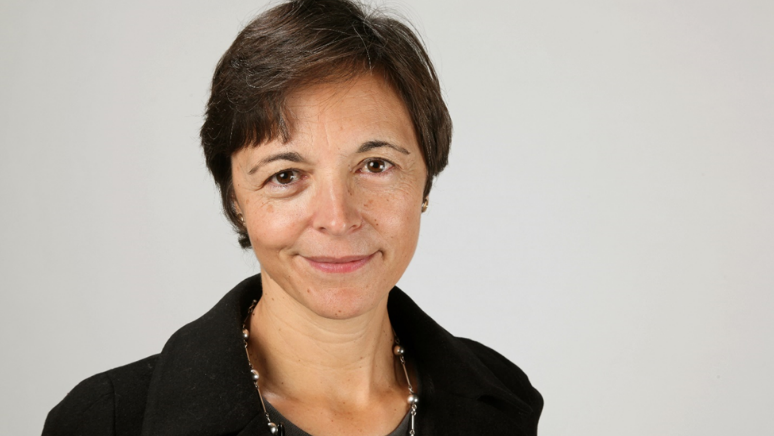Message from the President: Elevating Brain Research

The strength and success of our Society is attributed to the collective involvement of you – SfN members. When you share your passion for neuroscience, and dedicate your time and knowledge to advancing knowledge, people listen and society benefits. At the start of 2019, I want to take this opportunity to thank you for all you do to advocate for funding for neuroscience research and to convey to the public, especially to students, the excitement and importance of scientific discovery.
In these unsettling times, and in an atmosphere of political and policy uncertainty, advocacy and public outreach remain critical activities for SfN. We are in the midst of preparing for SfN’s annual Capitol Hill Day in March followed closely by the international Brain Awareness Week. These events are marked by the tremendous number of volunteers who engage policymakers and the public by explaining their research and their personal journeys into science. The student and postdoctoral trainees who joined us on Capitol Hill Day last year were especially compelling; speaking with eloquence and passion, and emphasizing the importance of funding for biomedical research.
There is growing anticipation that neuroscience research will advance knowledge toward curing some of the most devastating diseases and disorders facing society. While research is a long-term investment, we can draw lines between basic discoveries to treatments and technologies that improve humanity. This is an important message to engage the public and to let policymakers know how consistent, long-term funding can have direct and real-life impacts on people’s lives.
As a priority in 2019, SfN will continue to reinforce the value of basic biomedical research as foundational for discoveries, therapies, and tool development to benefit society. It’s imperative to maintain funding for biomedical research, especially when politics on the national and global stages may be focused elsewhere. SfN is purposefully working with other societies to enhance their advocacy efforts for global impact. The Society has partnered with the Federal of European Neuroscience (FENS), SfN’s Mexico Chapters, and the Canadian Association for Neuroscience to share expertise and tools for advocacy, and to promote Brain Awareness Week across the globe.
Canada, Mexico, and the United States were the original partner countries at the formation of the Society for Neuroscience nearly 50 years ago, and 40 percent of SfN’s current membership reside outside of the United States. We have been deeply saddened by restrictions placed on the movement of scientists including students and postdoctoral trainees across borders into the US and the UK. These policies impede the free flow and exchange of ideas to the detriment of our community of neuroscientists, and to society. A significant percentage of my own research has been a collaboration with scientists from across the world as is the norm, rather than the exception. We all benefit from viewing our research with fresh eyes and being open to different perspectives, and the participation of scientists from across the globe is one of the greatest benefits of SfN membership.
The continued advancement of knowledge, discovery, and technology development depend critically on an unbroken wave of new scientists entering neuroscience. SfN has supported a number of initiatives that aim to inspire the public and the next generation of researchers in our field. From programs that aim to improve public education of science in kindergarten through high school, often through local SfN Chapters, to raising public awareness of key concepts and discoveries in brain research through BrainFacts.org.
Having a passion for science is often not sufficient for many students to break barriers and find a path into research – as was true for me. It wasn’t until I started as a technician at Burroughs Wellcome Research Laboratories in England, after leaving high school, that I learned about research. Luck was on my side that day; I joined Sir James Black’s research laboratory and he and one of his group members, Paul Gerkowitz, took the time to encourage and challenge me to move my career forward. At University College London, my independent research journey began.
We are incredibly fortunate to be following our passions. How many people can really say that? So I encourage you to give a little – find a way to tell a high school student about what you do and open up the world of research to them, engage the public in the value of basic research, and advocate for funding for research with policymakers. Brain Awareness Week runs March 11 through March 17 this year and many students and their parents might be walking into a university building for the first time to learn about the brain.
Here’s your roadmap to get started and engage in advocacy and outreach to advance our field.






















